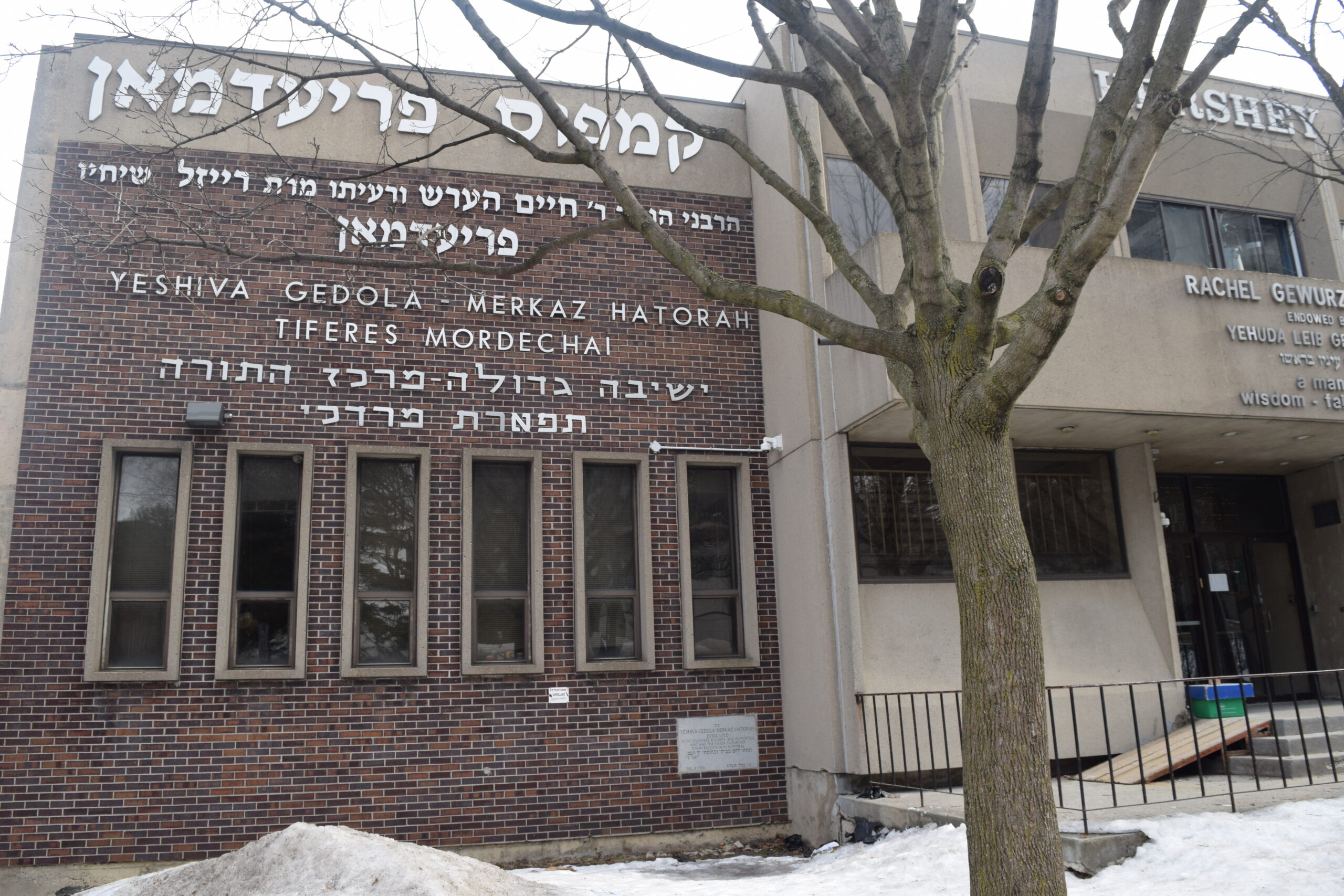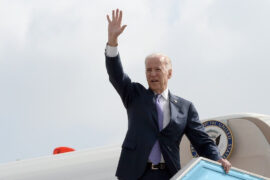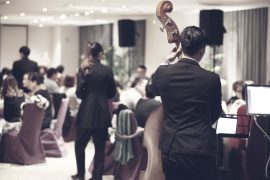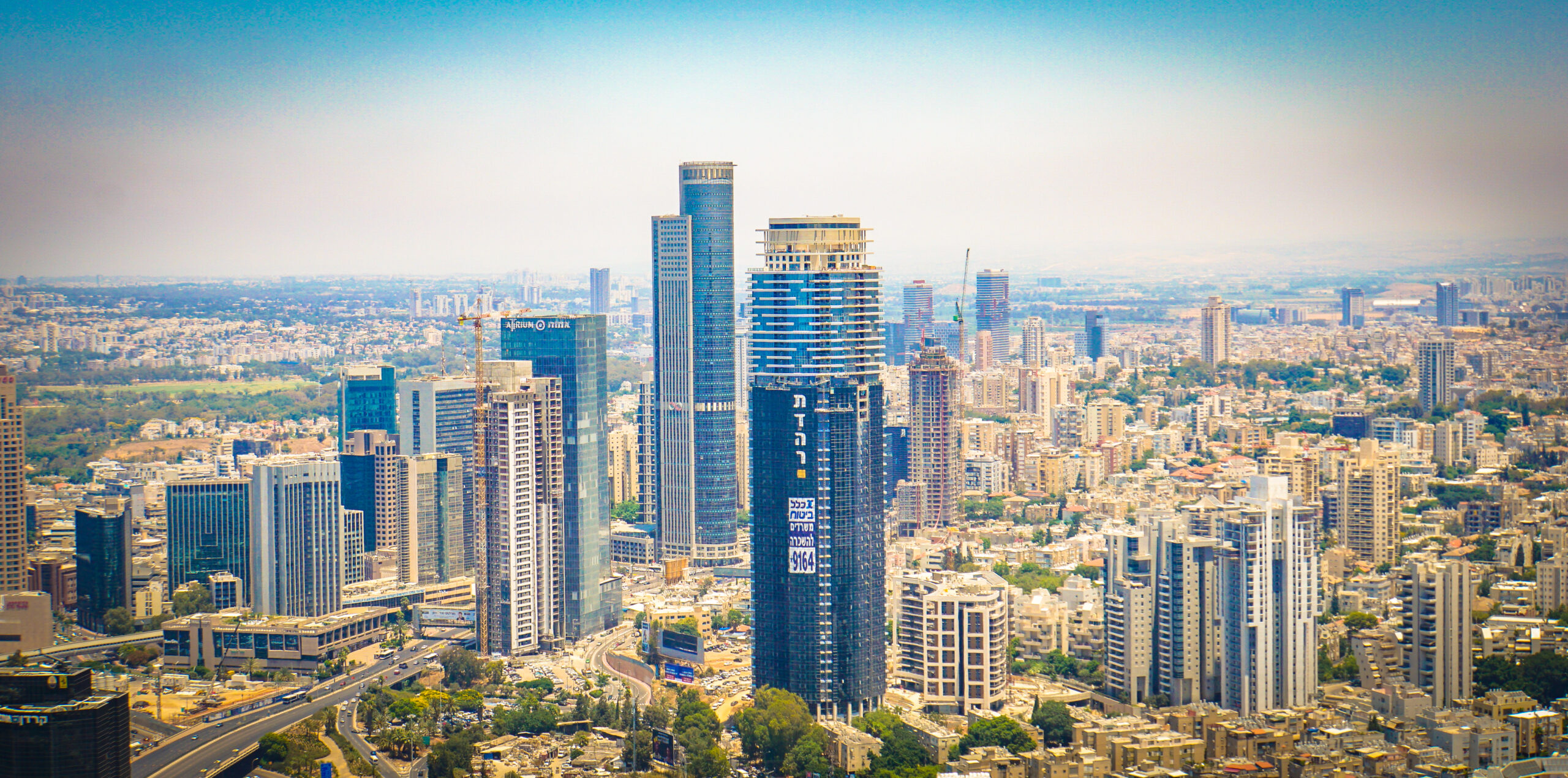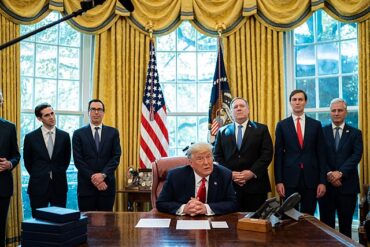As tensions around the world have risen in response to Israel’s military campaign against Hamas in Gaza, Montreal has become a hotbed of violence towards Jewish institutions.
Following large scale protests, a Synagogue was firebombed and two Jewish schools were attacked by gunfire, leading Montreal’s mayor to declare that the Jews of his city are under attack.
Last Thursday and then once again this past Sunday, even the school I attended for nearly a decade was shot at in the wee hours of the morning.
These attacks exemplify the principled ignorance about the Other that the Vision movement has spoken about for years.
The school I attended in Montreal, Yeshiva Gedola, is a non-Zionist institution that soundly rejects core tenets of Zionism and certainly the metaphysical change in Jewish history that the founding of the Israeli state represents. Attacking the school is not only a sign that the attackers misunderstand Jewish identity but may actually achieve results far different from the attack’s intended goal.
HaRav Avraham Yitzḥak HaKohen Kook delineated three shofarot that summon the Jewish people home to our land.
The first, the great shofar, sounds the blast of redemption, encouraging aliya on the basis of a spiritual desire to manifest Divine glory on earth. When this blast is ignored, a second shofar is sounded – medium shofar sounded to the tune of a nationalist calling. It taps into a national consciousness with the Jewish people that somewhat resembles that of other peoples of the world.
But when even this medium shofar is ignored, a small shofar can be heard. This is the shofar of our enemies, reminding Jews that we are physically unsafe outside of our land. This shofar is sounding clearly right now on Deacon street in Montreal. Heeding its call would trigger increased aliya for reasons of physical safety.
Yeshiva Gedola was the educational institution that I studied in the most. I learned many of our people’s ancient scriptures and legal texts through the ideological lens of a Ḥaredi institution. The school’s founders built the institution to serve as an oasis of Torah study in the spiritual desert that was Montreal.
The issue of Jewish national identity or the Zionist movement was not addressed, save for a handful of snarky remarks about the irreligious nature of the Zionists. Despite for the fact that the school never addressed the question of Hallel on Yom HaAtzmaut, never preached aliya, and never debated flying Israel’s flag, there actually was one driver of national consciousness that penetrated the walls of Yeshiva Gedola – anti-Semitism (whether real or perceived).
Despite pro-Palestinian organizers insisting that their actions have nothing to do with a religion called Judaism, and praising the solidarity of fringe sects like Neturei Karta, the attack of my old school speaks a lot louder to most Jews.
Devoutly committed to halakha, my experience at Yeshiva Gedola was one that bought into the “religion” paradigm of Israel’s detractors. We viewed Neturei Karta as an extreme expression of our religion, but indeed consistent with the values and Torah we learned. They were merely too political for a Jew who was meant to learn Torah and accrue “points” for perform mitzvot as their life mission.
Suffice it to say, Yeshiva Gedola is not an institution that supports the State of Israel, inculcates Zionist values into its students, or even takes any interest in “political” matters. But now that they feel attacked as Jews, the school’s faculty and students will likely soften their opposition to Zionism and consider aliya to Israel as a viable option. They’ve heard the sound of the small shofar.
By not understanding Jewish identity or the internal dynamics of the Montreal Jewish community, anti-Israel forces have engaged in acts of violence and vandalism that have only served to increase identification with the Israeli state and complicate the clear picture they seek to present of the conflict.
(We Jews committed to Jewish liberation should be wary of making the same mistake. By insisting that we are fighting an irreconcilable battle of competing religions, or by presuming that there’s an inherent savagery that drives Palestinian resistance to Israel, we run the risk of making similar errors.)
The Vilna Gaon, in his commentary to Ḥabakuk, teaches that the Philistine identity is one that only exists at specific historic moments when Israel attempts to take possession of our land. According to the Gaon, the Philistine role is to challenge Israel in order to force us to struggle with our identity and figure out who we really are. Perhaps we should view the Palestinian national movement, not only in our land but also abroad, as reminding Diaspora Jewish parents, teachers, and students of not only their identities but also our collective mission.
Perhaps they will heed the blasts of the small shofar and return home to Israel as a direct result of the conceptual errors prevalent in pro-Palestinian spaces.

